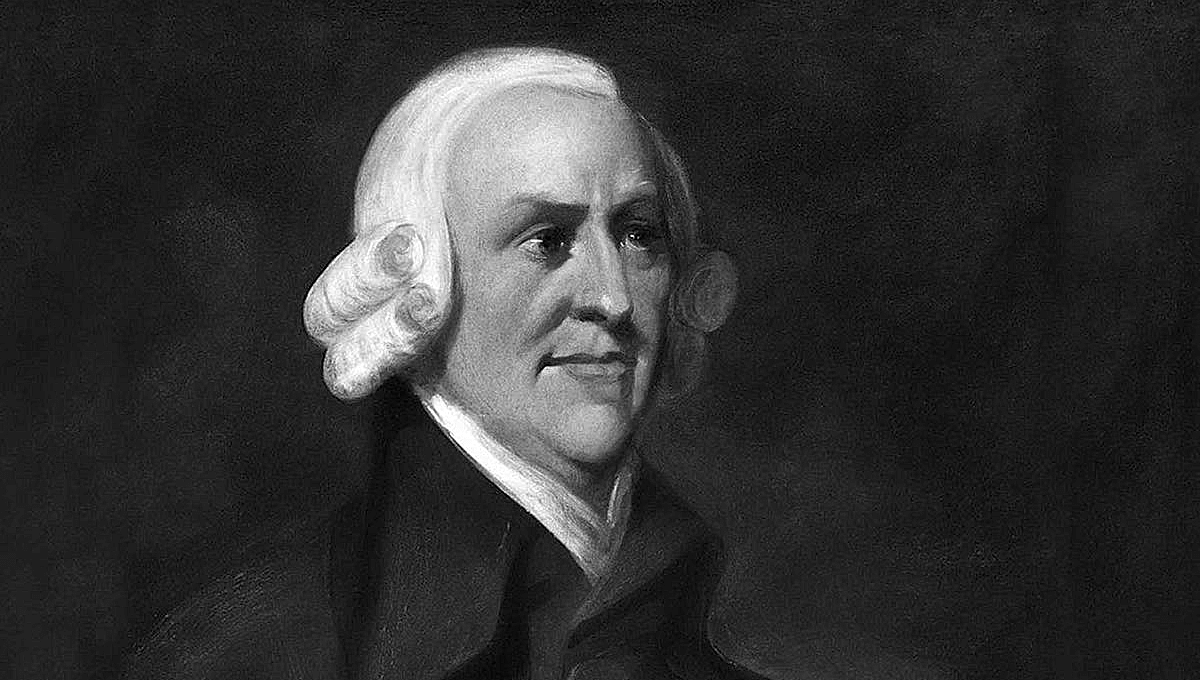
You know, in the world of economics, there are concepts that shape how countries trade and flourish. One of these concepts is “Absolute Advantage.” It’s not as complicated as it might sound, and once you get the hang of it, you’ll see how it plays a pivotal role in our global economy.
Why should you care about absolute advantage?
Well, understanding this concept can help you grasp why some countries are better at producing certain goods than others. It’s like discovering the secret sauce that makes some nations super-efficient in making things while others struggle. Knowing this can lead to smarter trade decisions, economic growth, and even influence your investments. So, let’s dive in!
What is Absolute Advantage?
At its core, absolute advantage (AA) is a straightforward concept. It’s all about one country being more efficient than another in producing a specific good or service.
Think of it like this: imagine two friends, Alex and Bailey. Alex is an expert baker, and Bailey is a fantastic tailor. Alex can bake a cake faster than Bailey, and Bailey can stitch up a shirt quicker than Alex. In this scenario, they both have an absolute advantage in their respective skills.
Now, let’s apply this to countries. Country A might be super efficient at producing cars, while Country B is a pro at manufacturing computers. Each country has an absolute advantage in what they do best. It’s not about who’s better at everything; it’s about specialization and recognizing where you shine the most.
Historical Development of the Concept
The idea of absolute advantage has been around for quite a while. It was first introduced by the legendary economist Adam Smith back in 1776.

Smith’s work, “The Wealth of Nations,” laid the foundation for our understanding of how countries benefit from specializing in what they’re best at. He highlighted the importance of trade and how it could lead to prosperity for nations.
Over the years, the concept of absolute advantage has evolved and expanded. Economists like David Ricardo further developed the theory with the principle of comparative advantage, which goes beyond absolute efficiency to consider opportunity costs. This principle deepens our understanding of trade relationships and how nations can benefit by focusing on what they excel in.
Theory of Absolute Advantage
The concept of absolute advantage is based on a few key assumptions:
- Specialization: It assumes that nations or individuals specialize in producing goods where they have an absolute advantage, which means they can produce a product more efficiently in terms of resources, time, or cost.
- Static Model: It’s a simplified, static model that doesn’t consider changing circumstances, technological advancements, or shifts in resources over time.
- Full Employment: The theory assumes full employment, which means all resources are employed efficiently within an economy.
Comparative Advantage vs. Absolute Advantage
Comparative advantage is another important concept in economics, and it’s often compared to absolute advantage. While absolute advantage focuses on who can produce a product more efficiently, comparative advantage considers the opportunity cost.
In other words, even if one country doesn’t have an absolute advantage in producing a particular good, it might still specialize in that area if the opportunity cost is lower than in other sectors. This insight leads to the concept of international trade, where countries specialize in what they can produce most efficiently and trade for other goods.
Absolute Advantage Formula
The formula for absolute advantage is quite simple. It’s all about comparing the productivity of two countries when producing different goods. If one country can produce more of a good with the same resources or produce the same amount of goods with fewer resources, it has an absolute advantage.
How to Calculate Absolute Advantage
Let’s break down the formula:
Country A’s Absolute Advantage in Good X = (Quantity of Good X Produced by Country A) / (Resources Used by Country A to Produce Good X)
Country B’s Absolute Advantage in Good Y = (Quantity of Good Y Produced by Country B) / (Resources Used by Country B to Produce Good Y)
If Country A has a higher ratio for Good X compared to Country B’s ratio for Good Y, it means Country A has an absolute advantage in producing Good X.
Advantages of AA
Absolute advantage has some remarkable advantages in terms of economic and trade implications, it’s not a panacea.
Economic and Trade Implications
absolute advantage has some pretty cool advantages when it comes to economics and trade. As we’ve mentioned above, it’s basically about being really good at producing something, and here’s why that’s awesome.
Let’s say Country A can make cars more efficiently than anyone else. That means they can produce a ton of cars at a lower cost. This, in turn, means they can sell those cars at a lower price. And guess what? Everyone loves a good deal, so people from all around are going to want to buy Country A’s cars. This can lead to increased trade between countries and a boost in economic activity. So, absolute advantage can help stimulate international trade, and that’s a good thing for everyone involved.
Impact on International Trade
Absolute advantage isn’t just good for one country; it’s good for the whole world! When countries recognize their strengths and trade with each other based on absolute advantage, it can lead to a more efficient allocation of resources globally.
Each country can focus on what they’re best at, and then they trade with others to get what they’re not so great at producing. This specialization leads to increased overall productivity and a better standard of living for everyone. It’s like a win-win situation on a global scale.
Take the example of Switzerland, known for its precision watchmaking, and Saudi Arabia, rich in oil resources. Through international trade, both nations can exchange these goods, benefitting from each other’s strengths. Absolute advantage strengthens the economic ties that bind nations together.
Implications for Global Economics
Now, let’s zoom out and look at the bigger picture. Absolute advantage has significant implications for the global economy. When countries specialize in producing what they excel at, it fosters healthy competition and innovation. They strive to become even better at what they do best. This drive for improvement can lead to technological advancements and economic growth on a massive scale. It’s like a never-ending cycle of progress, and we all benefit from it.
Disadvantages and Criticisms of AA
While absolute advantage is a great concept, it’s not a one-size-fits-all solution. In today’s complex global economy, there are many factors at play, like transportation costs, tariffs, and government policies. Absolute advantage alone doesn’t account for all of these. So, while it’s a helpful concept, it can’t explain every aspect of international trade and economic relationships.
Ethical and Social Considerations
Sometimes, pursuing absolute advantage can lead to ethical and social concerns. For instance, a country might be really good at producing something that’s harmful to the environment or exploits labor. In such cases, it’s important to balance the economic advantages of absolute advantage with the social and ethical responsibilities we have towards our planet and people.
Evolving Trade Dynamics
The world of trade is constantly changing. With advances in technology and shifts in global power, the dynamics of international trade are always evolving. Absolute advantage might not always be the most accurate tool to understand these changes. As the world changes, so too must our economic theories and approaches to trade.
Conclusion
In conclusion, absolute advantage is a foundational concept in economics that promotes efficiency and specialization. It teaches us the importance of recognizing and building on our strengths, while also being mindful of the ethical and social aspects of our choices in the global marketplace.
The enduring relevance of this concept reminds us that, even in an ever-changing world, some fundamental principles continue to guide our economic interactions and relationships.
While absolute advantage has its limitations, it remains relevant in the global economy. It highlights the need for specialization and cooperation in a world where interdependence and collaboration are paramount.
